You have 60 minutes to respond to a cyber attack
Intel identifies “golden hour” response time, but UK firms take up to three months

A quarter of UK firms fail to realise they've been hacked for more than two weeks after being targeted, according to Intel Security.
The firm also found that once a threat was discovered, 39 per cent of UK IT experts took between a fortnight and three months to actually remove it.
The findings come from a global survey of 700 IT and security professionals conducted by Intel Security and the Enterprise Services Group (ESG), called Tackling Attack Detection and Incident Response.
Raj Samani, CTO at Intel Security, said that IT experts have a "golden hour" in which to detect and fend off a cyber attack, warning that the security industry must close the gap on responding to threats.
"It's worrying to see that companies in the UK and globally are losing out on critical time in the initial onset of an attack," Samani said. "Immediate action is crucial. Hackers don't hang around - as soon as they identify a vulnerability within a corporate network, they will be working to spread this as far as possible throughout the enterprise, wreaking havoc and compromising data along the way."
France was similarly slow to detect advanced cyber threats, with 25 per cent admitting to taking more than a fortnight, while in the US 35 per cent of respondents took at least two weeks to discover a breach.
IT workers in the UK blamed their slow response on a lack of integration between their firms' security tools, with 78 per cent identifying this as an issue.
Get the ITPro daily newsletter
Sign up today and you will receive a free copy of our Future Focus 2025 report - the leading guidance on AI, cybersecurity and other IT challenges as per 700+ senior executives
With hackers usually targeting one vulnerability in a network to spread their malware across the entire business, a failure to sync tools up means IT gain far less insight into problems on their firm's network.
Other issues included 39 per cent of UK respondents citing a need for better analytics to get more visibility into their networks, while 80 per cent pointed to a shortage of security skills.
"Investing in training to ensure the company's security team has the expertise to deal with a threat is crucial," said Samani.
"Meanwhile, automating processes and ensuring security tools are synced across the network is a key way to ensure companies are able to act fast in their golden hour' of an online attack."
-
 CyberOne appoints Microsoft’s Tracey Pretorius to its advisory board
CyberOne appoints Microsoft’s Tracey Pretorius to its advisory boardNews The threat intelligence leader will provide strategic guidance to CyberOne’s executive team
By Daniel Todd
-
 CISA issues warning in wake of Oracle cloud credentials leak
CISA issues warning in wake of Oracle cloud credentials leakNews The security agency has published guidance for enterprises at risk
By Ross Kelly
-
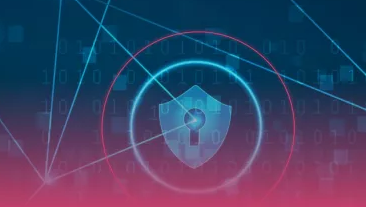 PowerEdge - Cyber resilient infrastructure for a Zero Trust world
PowerEdge - Cyber resilient infrastructure for a Zero Trust worldWhitepaper Combat threats with an in-depth security stance focused on data security
By ITPro
-
 Redefining modern enterprise storage for mission-critical workloads
Redefining modern enterprise storage for mission-critical workloadsWhitepaper Evolving technology to meet the mission-critical needs of the most demanding IT environments
By ITPro
-
 The business value of storage solutions from Dell Technologies
The business value of storage solutions from Dell TechnologiesWhitepaper Streamline your IT infrastructure while meeting the demands of digital transformation
By ITPro
-
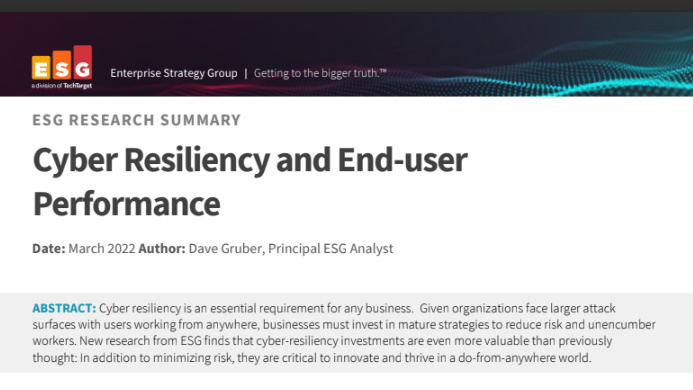 Cyber resiliency and end-user performance
Cyber resiliency and end-user performanceWhitepaper Reduce risk and deliver greater business success with cyber-resilience capabilities
By ITPro
-
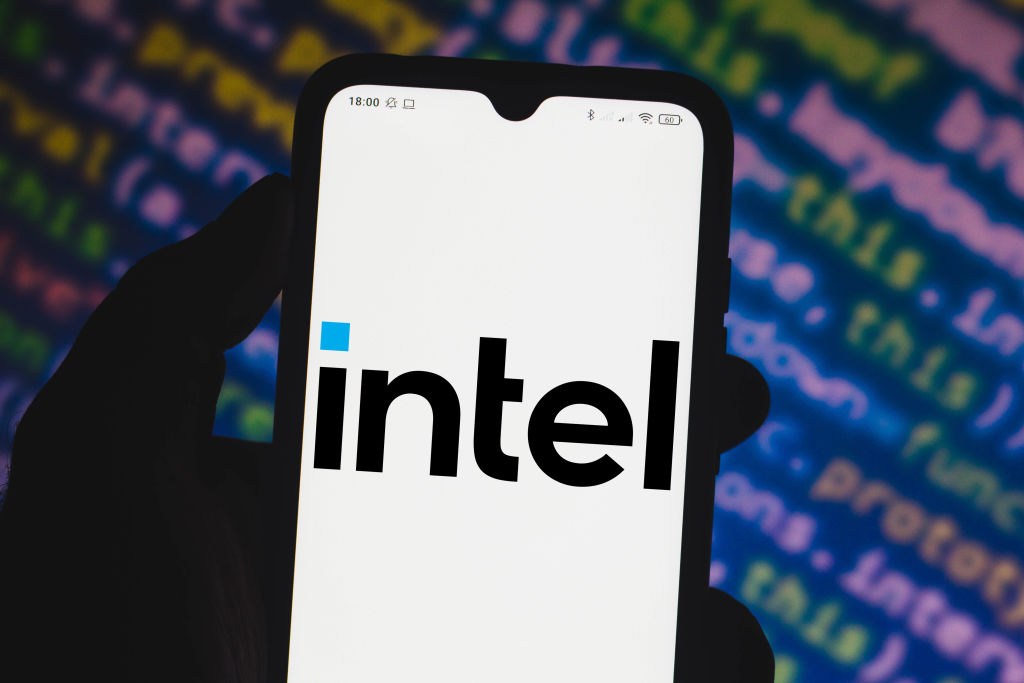 Intel Alder Lake chips safe from novel exploits following source code leak, experts say
Intel Alder Lake chips safe from novel exploits following source code leak, experts sayNews The mystery surrounding how the code was leaked is a more interesting story, experts told IT Pro, despite others branding the incident "scary"
By Rory Bathgate
-
 Understanding the economics of in-cloud data protection
Understanding the economics of in-cloud data protectionWhitepaper Data protection solutions designed with cost optimisation in mind
By ITPro
-
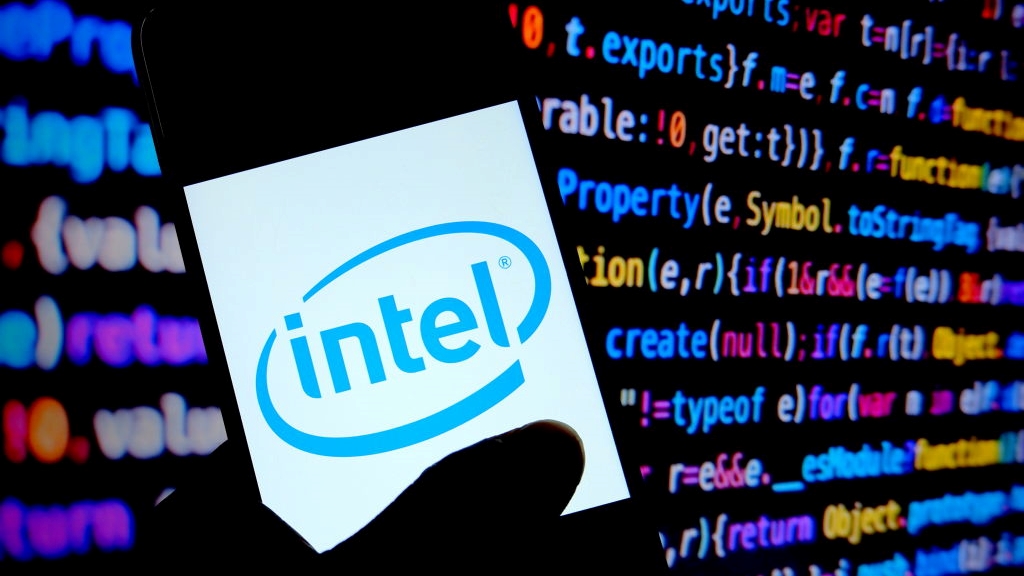 Intel expands its bug bounty program with Project Circuit Breaker
Intel expands its bug bounty program with Project Circuit BreakerNews The initiative aims to address vulnerabilities in Intel’s firmware, GPUs, hypervisors, and chipsets
By Praharsha Anand
-
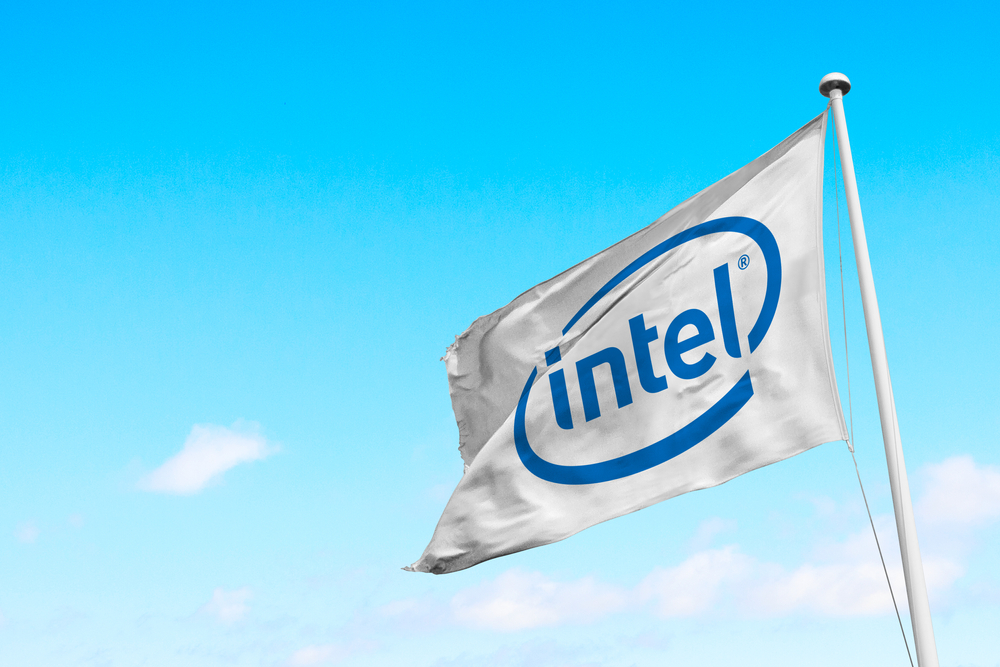 Intel CPU flaw could enable hackers to attack PCs, cars, and medical devices
Intel CPU flaw could enable hackers to attack PCs, cars, and medical devicesNews Vulnerability found in Pentium, Celeron, and Atom processors
By Rene Millman